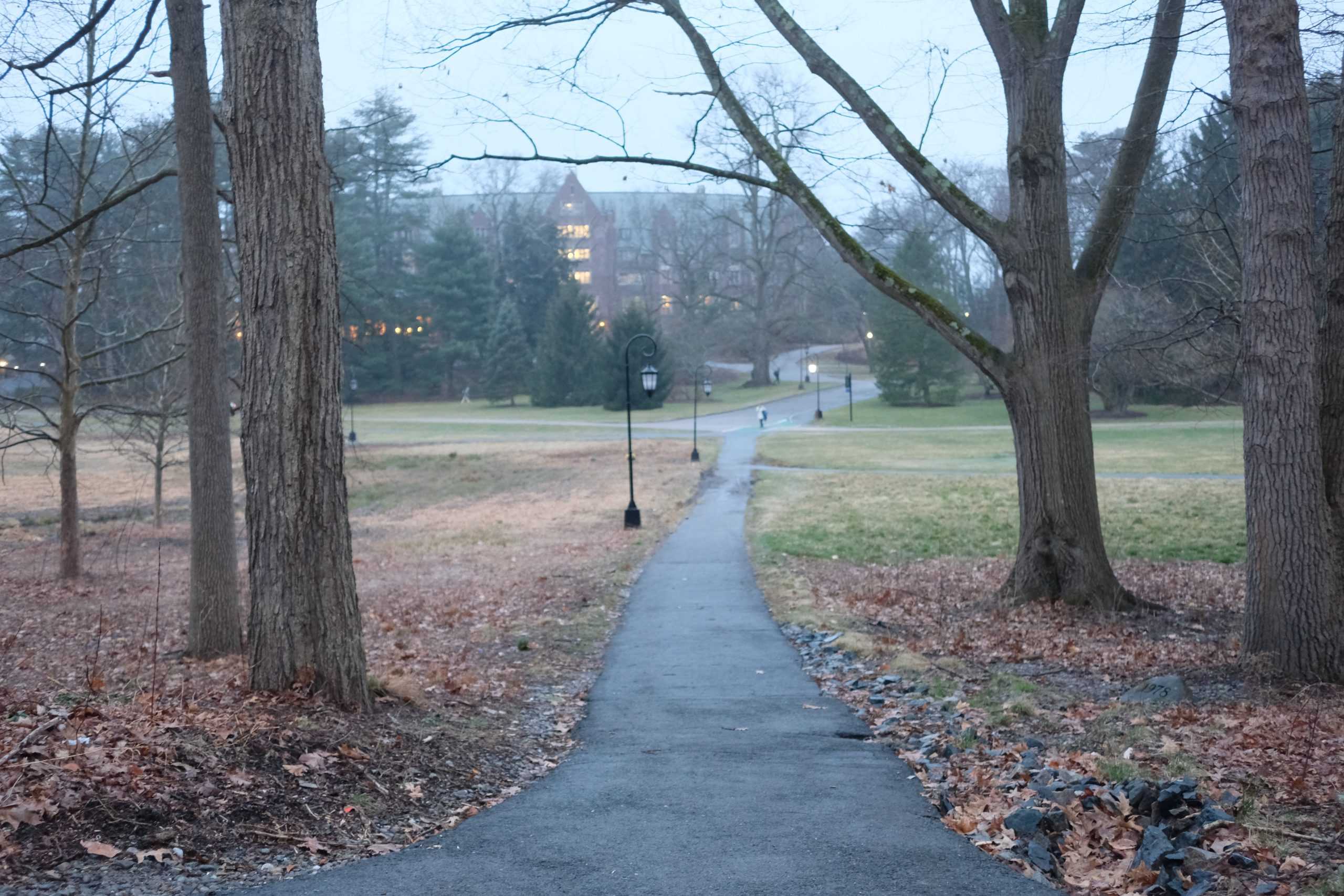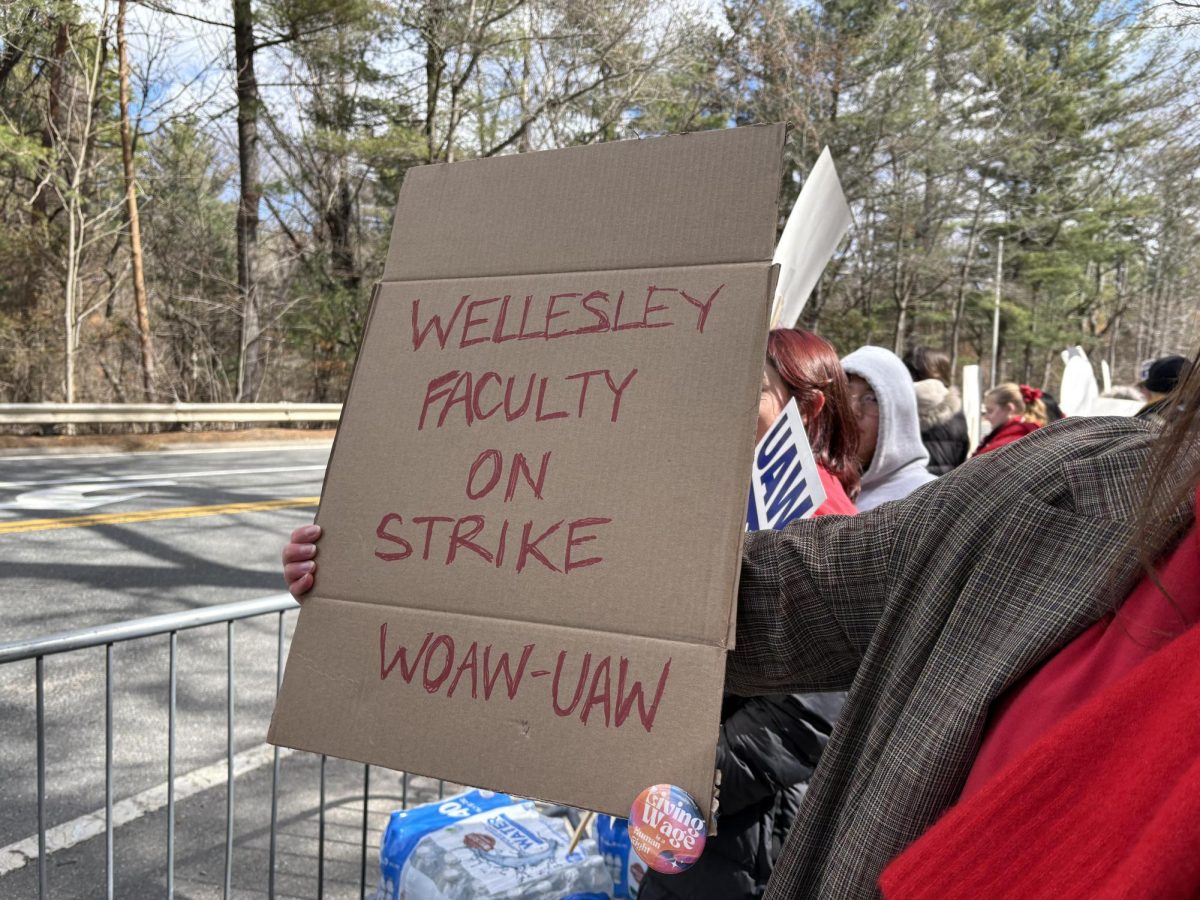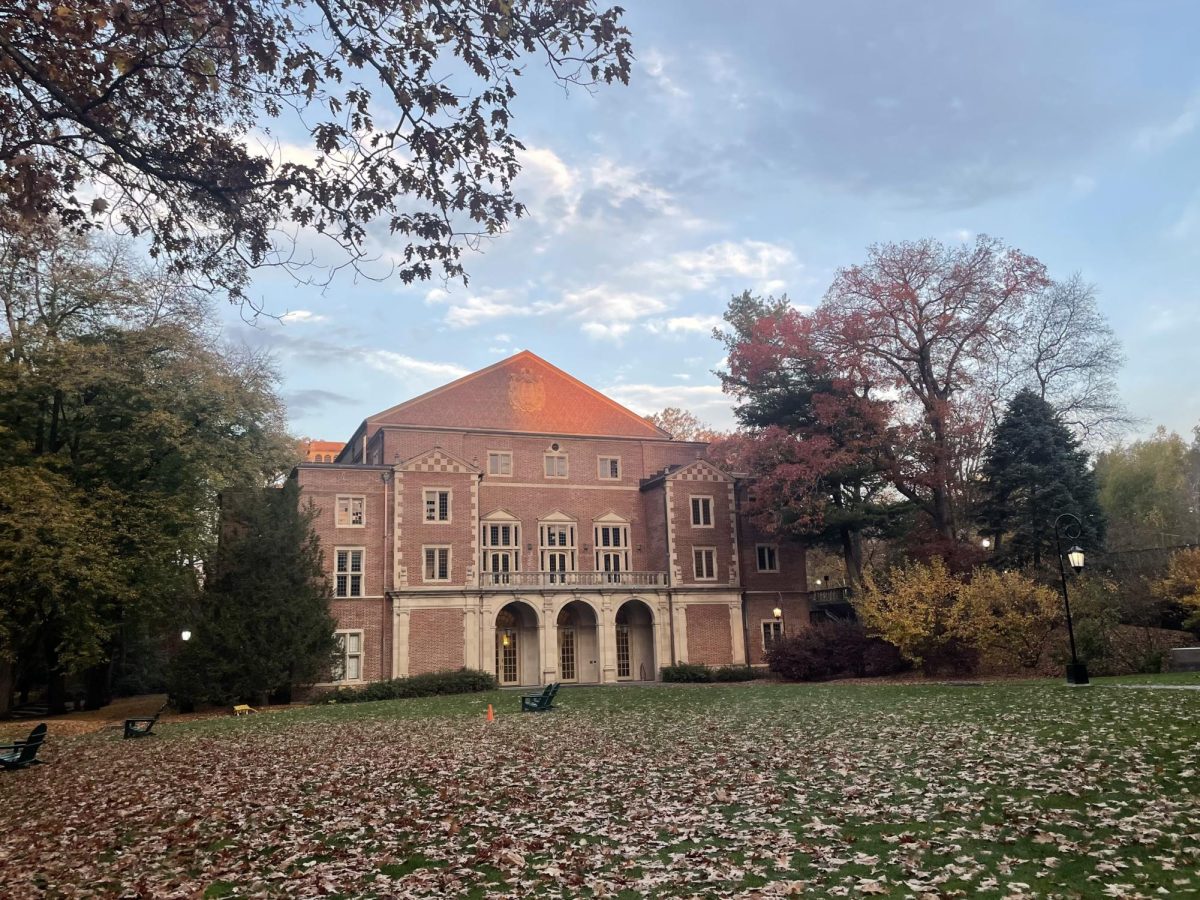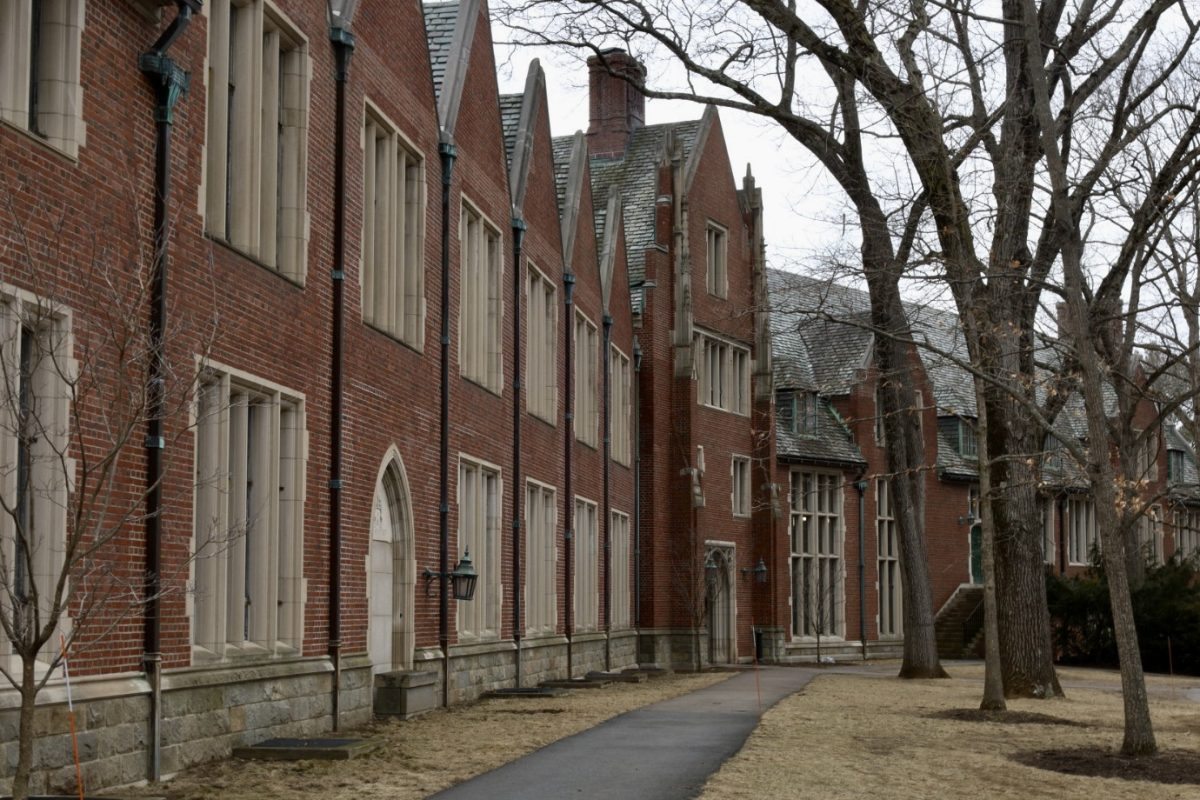Rylie Zhang ’28 called Health Services after testing positive for COVID-19. While she expected an answer to her question about the current COVID-19 policies, all she received was the answer that “they aren’t the people in charge of that.”
After not receiving clear guidance about the COVID-19 policy from anyone else, Zhang resorted to using her own personal judgment and stayed in her dorm as much as possible, only leaving to get food from the dining hall.
12 out of 54 PCR tests conducted at Health Services were positive in the month of September. Two out of 36 health services tests have been positive thus far in October. However, according to Health Services Medical Director Dr. Jennifer Schwartz, this data may not accurately reflect COVID levels at Wellesley.
“This [data] is just looking at who came into Health Services. I know there’s a large portion of students that don’t use us or didn’t come in,” said Dr. Schwartz. “The numbers are actually probably a lot higher than what we’ve recorded.”
These test results are concurrent with the general COVID trends in the area. COVID increased by about 300 cases in Massachusetts during the last month but has been decreasing in the last two weeks as of Oct. 15.
On Oct. 4, Vice President and Dean of Students Sheilah Shaw Horton sent an email to students acknowledging the current spread of disease, including COVID, on campus. Dean Horton stated that students “learned healthy habits during the pandemic that [they could] use now to stay safe.”
As of March 28, 2024, the College uses the CDC’s suggestions for COVID quarantining policy. No new information regarding COVID-19 related policies has been announced for the 2024-25 school year. The College has a “Keeping Wellesley Healthy” webpage with its public COVID-19 related policies.
Dr. Schwartz noted that the CDC recommendations are “kind of vague” and is working with Dean Horton to update the webpage. For now, while there is no defined isolation period, CDC guidelines recommend avoiding being around people if one experiences COVID-like symptoms. Once people are fever-free for 24 hours, they do not have to be “isolated” as long as they mask for five days.
Students can book an appointment in Health Services to test for COVID with their rapid PCR machine.
“The PCR test is the more sensitive test, so it can pick COVID up earlier. The rapid tests are not quite as sensitive, especially with these newer strains,” Dr. Schwartz said.
In case students cannot make it to Health Services, the U.S. Department of Health and Human Services has rolled out free COVID rapid tests that can be ordered online. Students can order four rapid tests to their unit box. Rapid tests are also available for purchase at the bookstore.
While testing is made accessible to students, Health Services currently does not have COVID vaccines for the school year.
“Our hope was to have COVID vaccines, but because they’re more widely available this year, there’s also a shortage of them. We’re working on it, but the barrier is just the supply chain,” Dr. Schwartz said.
Currently, the nearest place to receive the COVID vaccine is CVS, and an appointment can be booked online. The new vaccines are free “with most insurance.” If students are looking for affordable transportation options, Dr. Schwartz recommended Catch Connect, a discounted ride share service in Wellesley and the surrounding areas.
Policy Concerns
Even though the pandemic has moved past its peak, some students are concerned about the lack of schoolwide COVID response.
“There’s not really class-wide or college-wide support for people that are being COVID conscious, and so a lot of people have had to rely on smaller communities or smaller orgs on campus to find communities that they feel safe in,” Dylan Bunyak ’27 said.
When Zhang first suspected that she had COVID-19, she struggled to find masks or COVID tests, forcing her to seek roundabout methods.
“Apparently, in my roommate’s CS class, they just have a box of masks in there, so that’s where I got the masks from. I live in the Quint and when I was sick, I really did not want to walk all the way to health services to get a COVID test, so my roommate ended up getting the COVID test for me,” Zhang said.
Members of Students for an Accessible Wellesley (SAW) have also expressed concern over college policies and the lack of administrative attention on COVID support.
“We have a chronic problem where we notice issues on campus, we contact some department and admin about it, and there’s only a small fraction of the time that they even respond to our emails, much less actually agree to help with the problems we’re having,” Esmé Krummel ’25 said.
To support and advocate for COVID-conscious and infected students on campus, SAW created a “Wellesley COVID Action Plan” that included increasing COVID consciousness on campus, meal deliveries, and a testing distribution program.
“Even though the college is following a lot of the CDC guidelines, we feel that the CDC guidelines aren’t particularly representative of the struggles faced by students with chronic illness or students who are immunocompromised and have more of a risk from COVID,” Krummel said.
Minimizing the Spread
As illnesses have been spreading, students – especially those that are immunocompromised – have been advocating for masking on campus.
“Masking is community care,” Bunyak said. “Masking is a very visible sign of support for disabled and immunocompromised sibs on campus.”
Professors also echo this support for masks. Sohie Lee, Professor of Computer Science, noted that while the Department itself does not have a mask policy, the department requested masks from the College, which individual professors have recommended for their own students. All departments can request masks from the College free of charge on the Facilities website.
SAW members further suggest the importance of professors in relieving the pressures of an illness.
“I think that professors can play a big role in terms of advocating,” SAW member Iris Zhan ’27 said. “People are coming [to class sick] because they feel like they’re going to fall behind. I think professors can also be supportive in the sense of helping people catch up.”
If students are concerned about absences due to illnesses, they should speak to their professors and class dean to work on a compromise.
Zhang also suggests making masks and COVID tests more accessible, especially because the College is not very big.
“I feel like it wouldn’t be that hard to have [masks and tests] in the res halls, in the dining halls, stuff like that,” Zhang said.
Dr. Schwartz said that Health Services is trying to accommodate all students within a timely manner, and that she is always open to suggestions, whether through email or in person.
With COVID still in the air, flu season in full swing, and other viruses like RSV and the common cold spreading, Dr. Schwartz emphasized the importance of rest for recovery.
“The short of it is, if somebody’s not feeling well, whether it’s COVID or not, I would love them to be empowered to self care and rest,” Dr. Schwartz said.
Contact the editors responsible for this story: Valida Pau, Sazma Sarwar and Lyanne Wang






